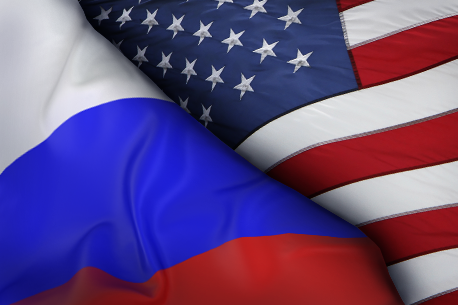WASHINGTON, Dec. 29 (Xinhua) -- Russia was found to have conducted malicious cyber activities to sway the U.S. elections, according to a joint report from two U.S. intelligence agencies Thursday.
The report, released by the Department of Homeland Security and the Federal Bureau of Investigation, provided "technical details regarding the tools and infrastructure used by the Russian civilian and military intelligence services (RIS) to compromise and exploit networks and endpoints associated with the U.S. election."
This activity from RIS is part of an ongoing campaign of cyber-enabled operations directed at the U.S. government and its citizens, the report said, adding that a range of U.S. government, political, and private sector entities were also targeted.
The 13-page report, named Grizzly Steppe, also included details such as a list of alternate names and technical signatures used by the RIS and mitigation strategies were offered to fend off future attacks.
This is the first time an official analysis report from the U.S. government specified Russia as an origin of cyber attacks against the United States during the election cycle.
The report was released in the wake of a number of actions Washington has taken against Moscow Thursday in retaliation for its alleged cyber attacks.
Earlier Thursday, U.S. President Barack Obama unveiled a sanction that targeted nine Russian entities and individuals, including two Russian intelligence services, and the State Department expelled 35 Russian diplomats in the United States.
The Kremlin accused Washington of trying to "destroy" U.S.- Russia ties and said it is weighing retaliation.
The Obama administration has repeatedly said Russia was behind a number of cyber attacks and leaks that damaged the image of the Democratic Party and its presidential candidate Hillary Clinton during the presidential election, an accusation refuted by Russia and U.S. President-elect Donald Trump.
Obama has previously asked U.S. intelligence agencies to investigate into and formulate a report on Russia's hacking activities, an effort backed by lawmakers across the aisle.
It is unclear how Trump, who is to take over the White House on Jan. 20, will deal with the tension between Moscow and Washington, but any move in Russia's direction, as suggested by his pro-Russia remarks, will likely be met with strong opposition from the U.S. Congress.




 A single purchase
A single purchase









